
(Pictured above: Aftermath of Reagan assassination attempt.) Political assassination is a lamentably common part of our modern world. The perpetrators of these heinous acts and the tools they use endlessly fascinate us.
In this ongoing series, we will explore the weapons used in some of the more sordid assassinations that shaped our modern world. The individuals involved and the way they both lived and died frequently produced effects downstream that impact our lives even today. Their personalities, as well as their chosen tools, are endlessly fascinating. The depth of emotion stored up in these horrible events resonates across time.
Mathematician, Father, Despot, Martyr
Paul Doumer was born in Aurillac, France, in 1857, three years before the onset of the American Civil War. By the age of twenty, he was a professor of mathematics at Mende, Lozere. A year later he married Blanche Ridel, and they eventually had eight children. Four of the Doumer boys were killed during the First World War.
One of his sons, Rene Doumer, downed seven German aircraft flying Nieuport fighters. Rene fell to the guns of German ace Erich Hahn on April 26, 1917. Hahn himself died five months later, falling to another French pilot named Georges Madon. It was a simply horrible time.
The elder Doumer served as a professor of mathematics until 1883 when he left academia due to health problems. For a time afterwards, he edited a French regional newspaper. In 1885 he entered politics.
Doumer briefly served as the French Minister of Finance during which time he tried unsuccessfully to introduce a national income tax. In 1897 he was named Governor-General of French Indochina. He inherited a colonial quagmire.
Indochina was hemorrhaging francs at the end of the 19th century, and Paul Doumer was determined to right the economic ship. He levied taxes on opium, salt, and wine, seizing the land and possessions of those indigenous peoples either unwilling or unable to pay. He invested heavily in the infrastructure in and around modern-day Vietnam, creating tree-lined avenues and large French-Colonial buildings reminiscent of those back home in France. The Long Bien Bridge he built in Hanoi became a familiar landmark for American pilots on bombing missions during the Vietnam War. Upon his return from Indochina Doumer re-entered domestic politics and was ultimately elected the President of France in 1931, replacing Gaston Doumergue.

Paul Doumer’s first lasting impression on the French people arose when he was Governor-General of Indochina. An iron-willed administrator, Doumer turned the colonies around and made them productive.

Paul Doumer supervised the construction of the Long Bien Bridge in Hanoi. This characteristic landmark became a familiar sight to the American pilots who bombed the area during the Vietnam War.
 The interwar years were times of historically unparalleled intrigue and tumult in Europe. France, Britain, and the US tried desperately to forget the recent World War, while Germany and Russia convulsed. On May 6, 1932, some of that chaos spilled over into France.
The interwar years were times of historically unparalleled intrigue and tumult in Europe. France, Britain, and the US tried desperately to forget the recent World War, while Germany and Russia convulsed. On May 6, 1932, some of that chaos spilled over into France.
Paul Doumer was in Paris for the inauguration of a book fair at the Hotel Salomon de Rothschild. Doumer was engaged in lively conversation with a French author named Claude Farrere while a failed Russian physician named Paul Gorguloff skulked in the crowd. Gorguloff was himself a victim of the recent war.

The Hotel Salomon de Rothschild was the site of a book fair that also drew both French President Paul Doumer and his assassin Paul Gorguloff.
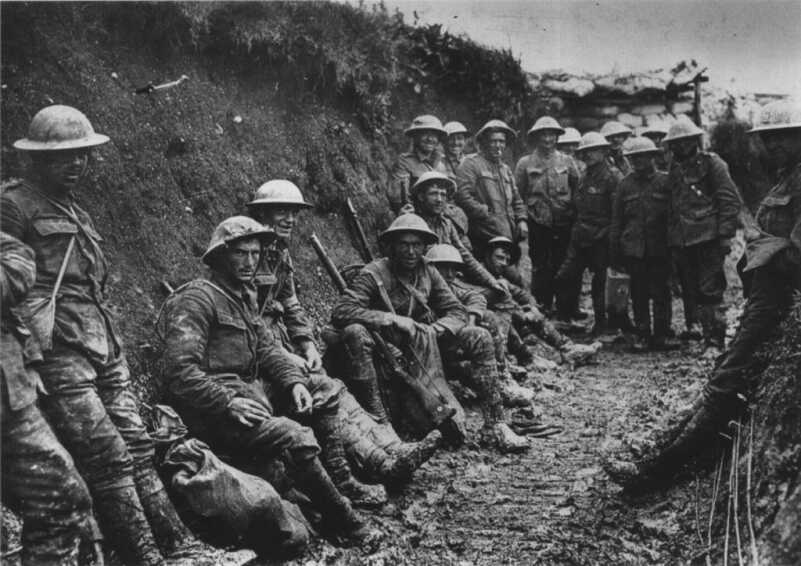
World War I was the planet’s rude introduction to warfare on an industrial scale. The carnage and violence consumed a generation.
Paul Gorguloff was born Pavel Timofeyevich Gorgulov in Labinskaya, Russia in 1895. He had a promising career in medicine before he left his studies to serve in the First World War and subsequently incurred a severe head injury. He ultimately recovered but was never quite right afterward. During the Russian Revolution of 1917, he served with the White Russian Army against the Bolsheviks. Eventually, he immigrated to Czechoslovakia and finished his medical training. He was later deported from Czechoslovakia for performing abortions.

Paul Gorguloff was a failed physician and Russian nationalist. The head injury he incurred while fighting in World War I likely shaped his aberrant behavior.
The Assassination
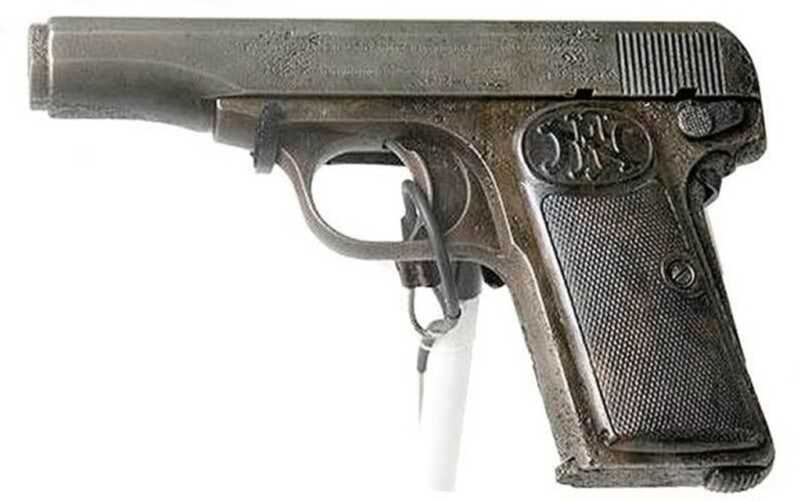
This is the M1910 Browning pistol that Gavrilo Princip used to kill the Archduke Ferdinand and his wife Sophie. These murders precipitated World War I.
Gorguloff carried concealed in his coat a Browning M1910 semiautomatic pistol. This trim little autoloader was both extraordinarily easy to hide and a proven man-killer. Gavrilo Princip had used an identical weapon to kill Archduke Ferdinand and his wife Sophie in Sarajevo in 1914. This premeditated killing precipitated the First World War.
Stepping up behind the French President Gorguloff loosed three rounds in quick succession. One round struck Doumer in the back of the head at the base of his skull, while another entered his right armpit. The third went wide. President Doumer fell to the floor, and the author Claude Farrere grappled with his killer until the police arrived. Doumer was rushed to Beaujon Hospital in Paris but died the following day.

Gorguloff was tried, convicted, and sentenced in fairly short order after the assassination of the French President.
Paul Gorguloff was tried at the Assize Court two months later and found guilty after two days’ worth of deliberation. The jury rejected his claim of insanity. During the trial, Gorguloff stated that his motive for the murder was his opinion that France had not done enough to support the White Movement in Russia. In September of 1932 Gorguloff was executed by guillotine at La Sante Prison in Paris. His last words were, “Russia, my country!”
The Gun
The Browning M1910 was really the first of an entire genre of powerful concealable pocket firearms. Where previously many of Browning’s designs had been produced concurrently by FN in Europe and by Colt in the US, Colt showed no interest in this trim little pistol. The M1910 debuted several features that seem commonplace today.
For starters, the recoil spring telescoped around the barrel. While this is a common feature to the Walther PPK and PM Makarov nowadays, this was heady stuff indeed in the early part of the 20th century. The gun incorporated a striker-fired action as well as three safety mechanisms. A grip safety was oriented along the back of the frame and was automatically disengaged when the firer grasped the gun. A manual safety consisted of a pivoting lever on the left rear aspect of the weapon. A magazine safety deactivated the pistol when the magazine was removed. The M1910 was frequently called the “Triple Safety” as a result.
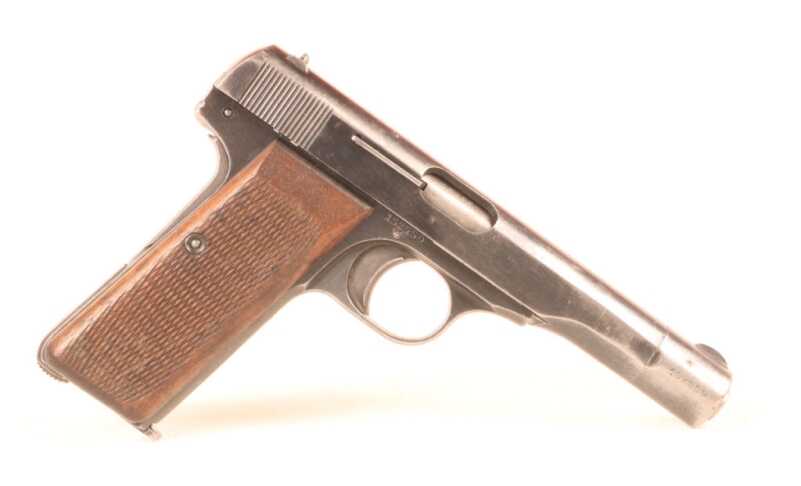
The M1922 was an extended version of the M1910 chambered in .32ACP. Most of these guns were built under German occupation and subsequently consumed by the Nazi war machine.
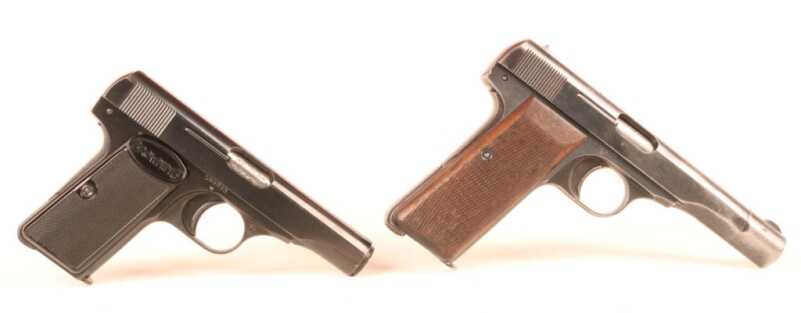
The M1922 sported a longer barrel and slide along with an extended magazine capacity. Most of these guns were used by the Nazis.
The M1910 was offered in .32ACP with a magazine capacity of seven rounds and in .380ACP with a capacity of six. The guns could be configured to fire either caliber simply by exchanging the barrels. The M1910 remained in continuous production until 1983, but FN never offered the gun from the factory with both barrels.
A slightly enlarged version in .32ACP carried another two rounds in the magazine and sported a slightly longer barrel. FN produced a few of these before World War 2 overtook the Belgium plant. Most of the subsequent production of M1922 pistols went to feed the German war machine. These German service pistols sport waffenamt military acceptance marks and typically feature simple checkered wooden grips. A significant number of M1910 pistols served as private purchase sidearms for Japanese officers during WW2. Guns with both German and Japanese provenance turn up from time to time on the American used gun market in the form of vet bringbacks.
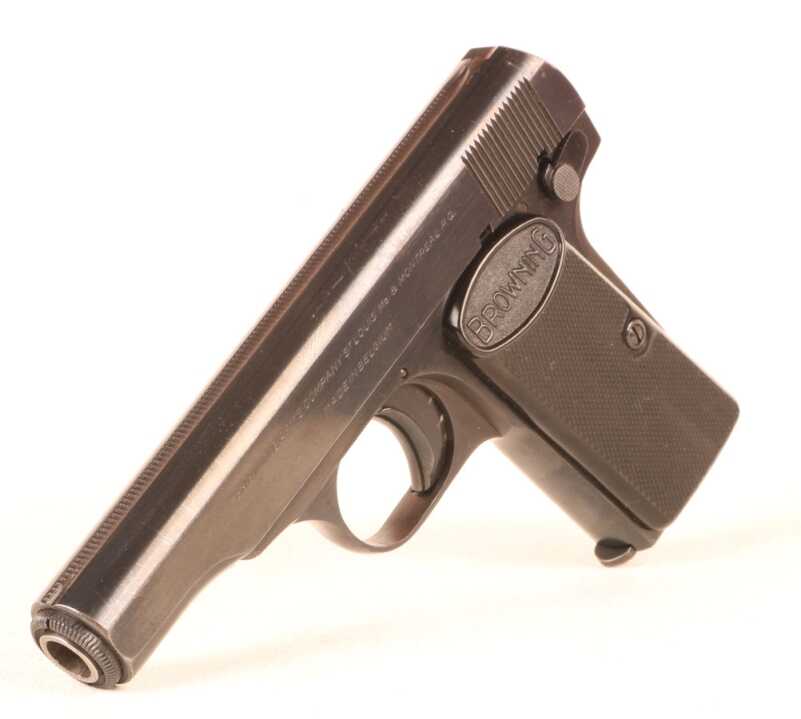
The sights on the M1910 were ludicrously small. The manual safety is effective but difficult to access.
A later version called the M1971 was modified to comply with the 1968 Gun Control Act and marketed in the US. This gun featured adjustable sights, a finger-rest magazine, and enlarged target grips. The end result just wrecked the beautiful little gun’s aesthetics, and they did not sell terribly well as a result.
Trigger Time

John Moses Browning was the most gifted firearms inventor who ever lived. He held 128 patents at the time of his death.
Particularly in .380ACP the M1910 offers a surprising lot of power for such a diminutive firearm. Hefting one today speaks to the timeless genius of John Moses Browning. The sights are ludicrously small, but everybody’s sights were ludicrously small back then. With more than half a century on my eyeballs, I cannot even see them while shooting.
The grip is thick enough to fill the hand but relatively stubby. Any shorter and the gun would be uncomfortable. The manual safety is a bit stiff, somewhat too small, and in a suboptimal location. The same can be said of wartime Browning Hi-Power pistols, however. The heel-mounted magazine release is awkward, as is the case with most interwar European handguns, and the slide does not lock to the rear on the last round fired. Nobody will be making fast combat reloads with this gun.
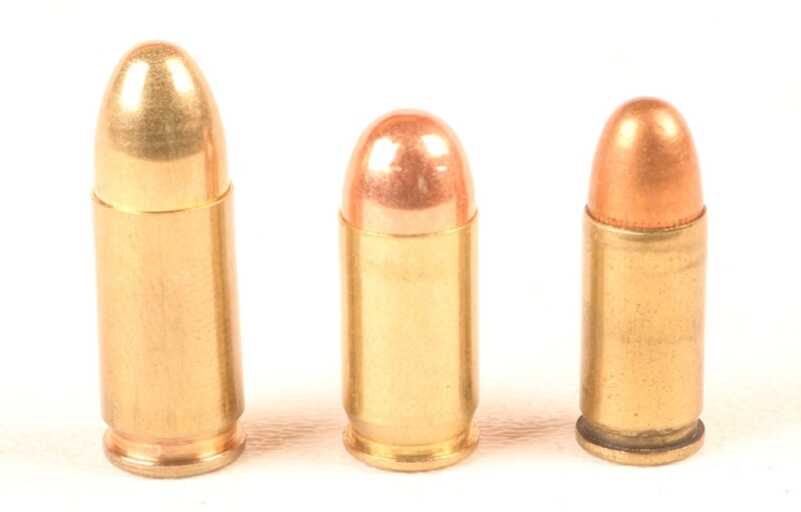
The Browning M1910 could fire either .380ACP or .32ACP depending upon the barrel installed. Shown from left to right are the 9mm Parabellum, the .380ACP, and the .32ACP.
However, with a total of seven .380ACP rounds on board the M1910 does exactly what it is supposed to do. The M1910 is a come-as-you-are gun. As can be seen in the killings of Paul Doumer and Archduke Ferdinand, this lithe little Browning pocket gun is undeniably effective.
Recoil is spunky but not painful. Like all Browning guns, the pistol shoots straight out to reasonable pocket pistol ranges. You can hide the M1910 in your jeans pocket and make a late-night grocery run with no one being the wiser. It was this attribute above all others that made the gun so popular for its several nefarious episodes.
Denouement
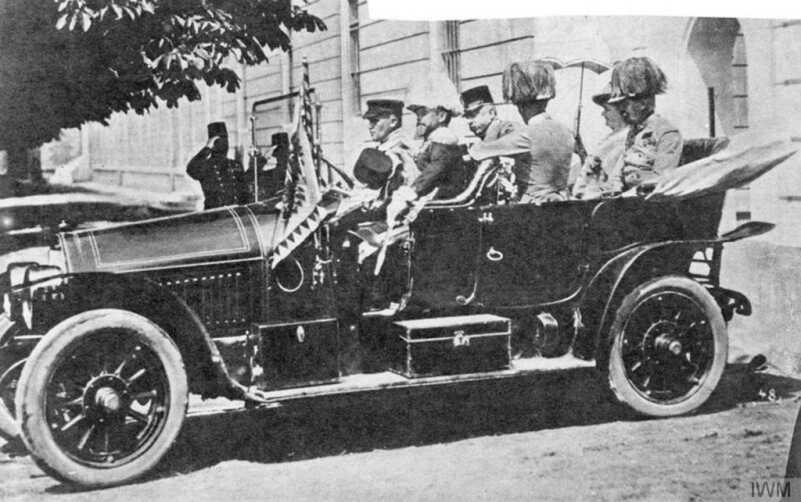
The M1910 was used in at least three high profile political assassinations to include the murder of Archduke Ferdinand and his wife Sophie.
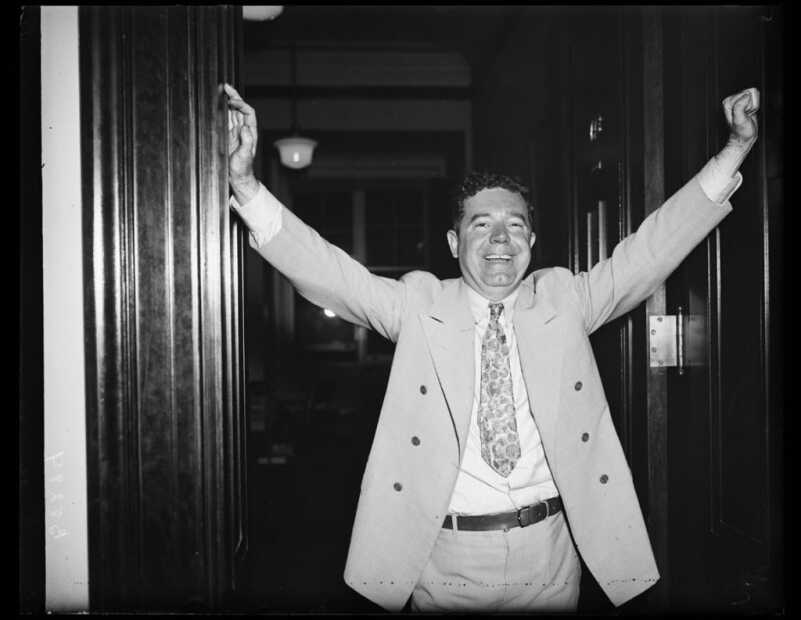
Huey Long was a flamboyant Southern politician who was murdered by an assassin armed with a Browning M1910 pistol.
The specific M1910 that Paul Gorguloff used to kill President Doumer is now on display at the Musee des Collections Historiques de la Prefecture de Police in Paris. Paul Doumer was the only French President to die of a gunshot wound. Doumer was replaced by Albert Lebrun who served until the fall of France in 1940.
Another Browning M1910 pistol ultimately killed Louisiana governor Huey Long in 1935. This was essentially the same gun that killed both Archduke Ferdinand and Paul Doumer. To my knowledge, no other modern firearm save perhaps the AK47 can claim to have been used in so many political assassinations. The M1910 was an extraordinarily efficient design that sprang forth from the mind of the most gifted firearms designer in all of human history. Its performance should therefore not be surprising.
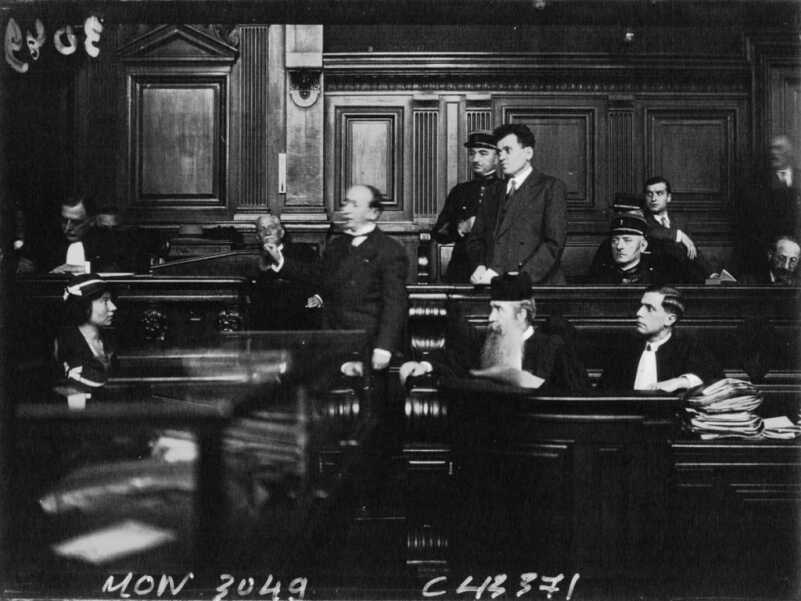
Paul Gorguloff ultimately gave his life for the cause of Russian nationalism. His fervor was ultimately swallowed up in the maelstrom of violence that was World War II.
It is doubtful that the Russian Revolution was much of a priority to Paul Doumer during his short year in office. France was still struggling to recover from World War I, and the cultural upheaval unfolding next door in Germany was ultimately adequate to birth the Nazis. Russia likely seemed a long way off at the time.
For a brain-damaged young Russian war veteran named Paul Gorguloff, however, the relationship between France and the former Russian empire was adequate to drive him to kill both publically and brutally. Gorguloff killed for a cause most Frenchmen likely cared little about. However, apparently up until the moment he lost his head it was those nationalistic Russian ideals that lit his fire. As intense as they were at the time, these ideals were soon to be swallowed up in the greatest conflict the planet had ever seen.
Browning M1910
Technical Specifications
| Caliber | .32ACP/.380ACP |
| Weight | 1.3 lbs |
| Length | 6.95 in |
| Action | Unlocked Blowback |
| Feed System | 6/7-Round Box Magazine |
| Production | 1910-1983 |


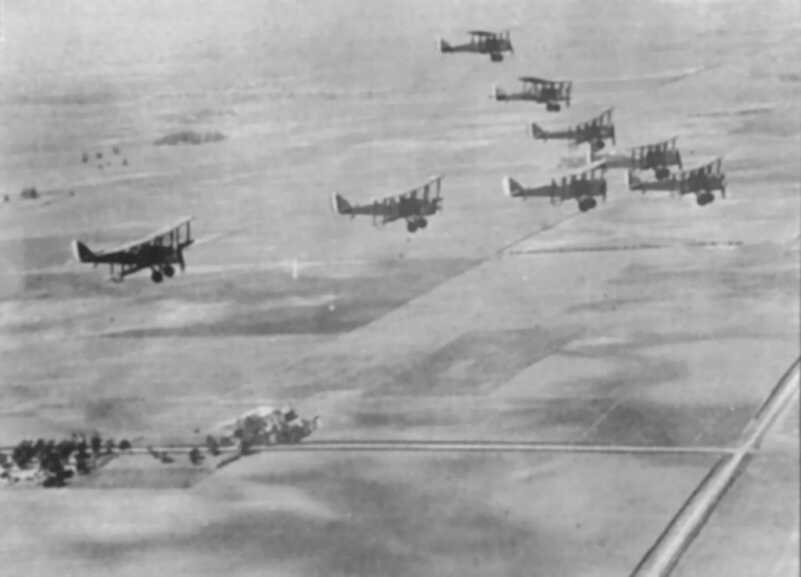

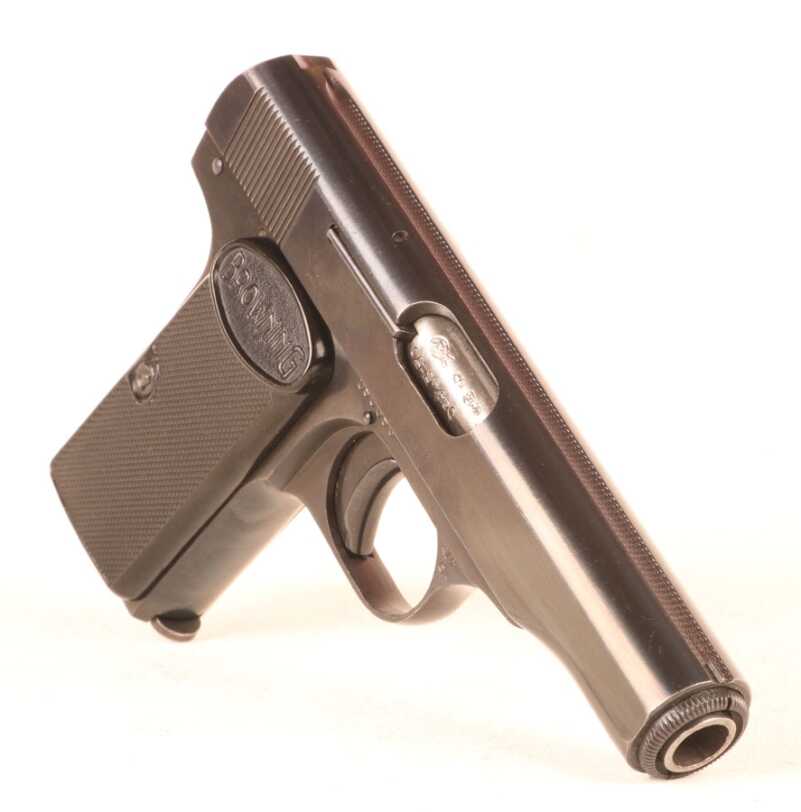


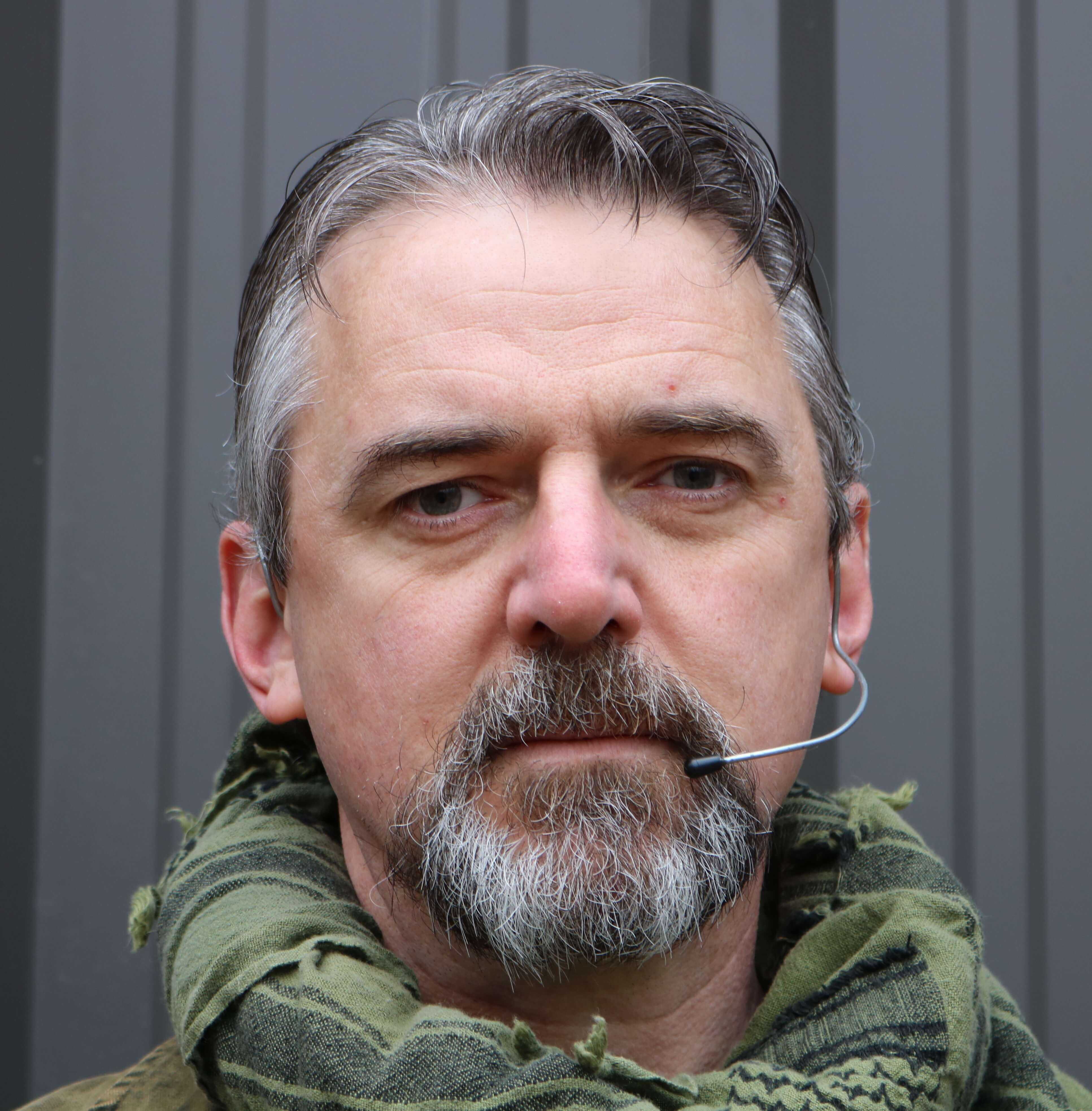
There is much debate over whether Huey Long was actually killed by Dr. Carl Weiss. There is evidence to suggest he was actually shot by one of his own bodyguards, when they discharged dozens of rounds at pointblank range after Weiss struck Long with his fist. Supposedly, the bullet that was removed from Long was replaced with one taken from Weiss’s pistol which had been left in his car. The world may never know the full story.
So much history here.
Dabbs, great piece. Well done, from a dinosaur’s perspective. I hope to see your followups !
My late father-in-law was a military officer in Peru. We had a lot of mutual respect for each other, and he knew how I liked guns. Upon his death, my mother-in-law handed me a bag and told me he wanted me to have it. I opened it up, and there was a disassembled M1910. I had never seen one before, but I figured out how to reassemble it.
The problem was, I had no way to bring it back from Peru, so I had to leave it. He had two sons, who were never in the military, and did not want to give that gun to either of them.
The action on that gun was not the greatest, and I wondered about its practical usage, but he carried that thing and depended on it. I wish I owned it now, but I would be the one guy who got caught smuggling a gun into the U.S., as that is how my luck runs.
***
Thank you for the interesting History Lesson!
***
John Bibb
***
love those austro-hungarian parade headpieces; how tired must their necks have been after having to wear one of those for an hour or two.
i have a theory that officers’ dress uniform hats are a yardstick of the national insecurity. look at the clownishly tall and wide things the north koreans wear vs. the compact u.s. or british issue.
Gun in the article is likely a Browning model 1955 as its grip day Browning
Grips on the 1910 would say FN
I know as I bought a 1955 thinking it was a 1910.
FN 1910 as a political assassination weapon is but a kid brother to Browning’s quintesential pocket auto, the Modele 1900 – even though the latter only claimed lesser-caliber victims, no archdukes or presidents, just a string of governors and one dictator. In 1904 Finnish nationalist Eugen Shaumann shot Russian governor of Finland, Gen. Bobrikov with one. In 1909 Korean national hero An Jung-gun shot Japanese governor of Korea, prince Hirobumi, former four-time prime minister of Japan. It is also a pair of these, that father gave to Kim Il-Sung in commemoration of An Jung-gun that are now part of the North Korean state-lore. In 1918 Vera Kaplan is said to have shot Communist dictator of Russia, Vladimir Lenin with one – he survived direct attempt, but eventually succumbed to the wounds then sustained in 1924. And there were criminals as well – mostly one French Jules Bonnot, the inventor of the such a celebrated American institution as the get-away car: he was the first to rob a bank, flee in a motor car while having a running gun battle with pursuing police, in 1911, twenty+ years prior to Bonnie & Clyde.